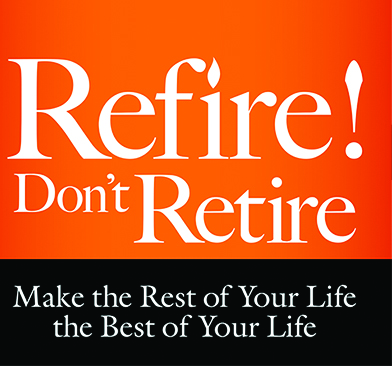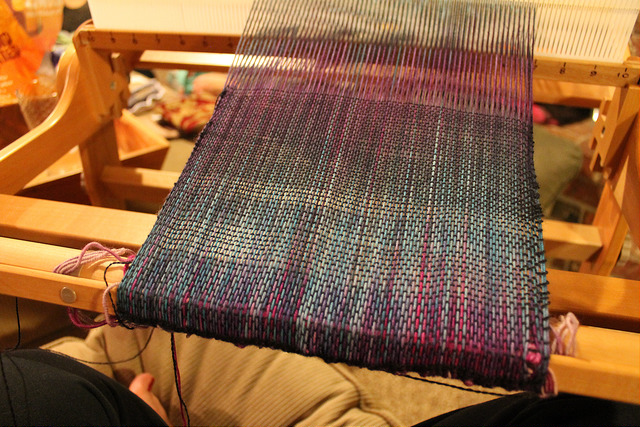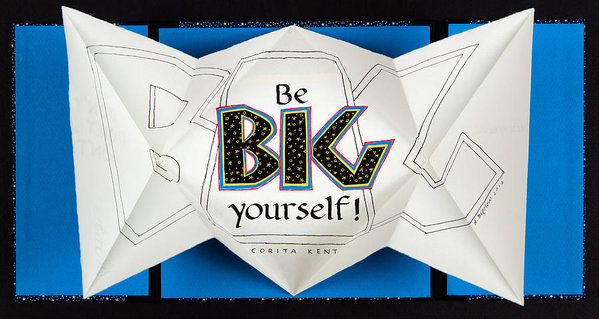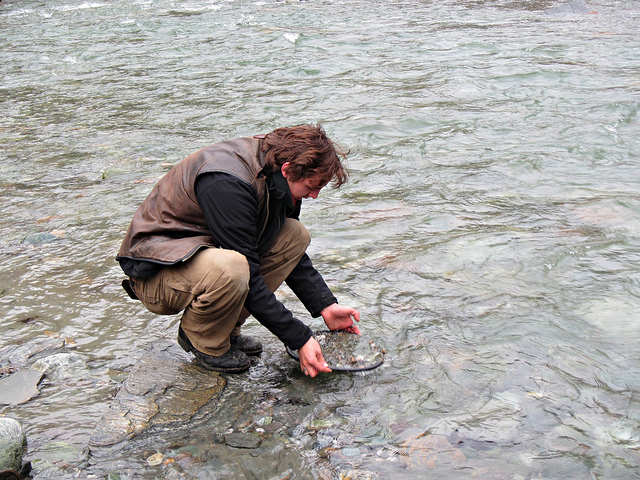“Reality is the other person’s idea of how things should be.”
—John M. Shanahan, author of Hooked on Phonics
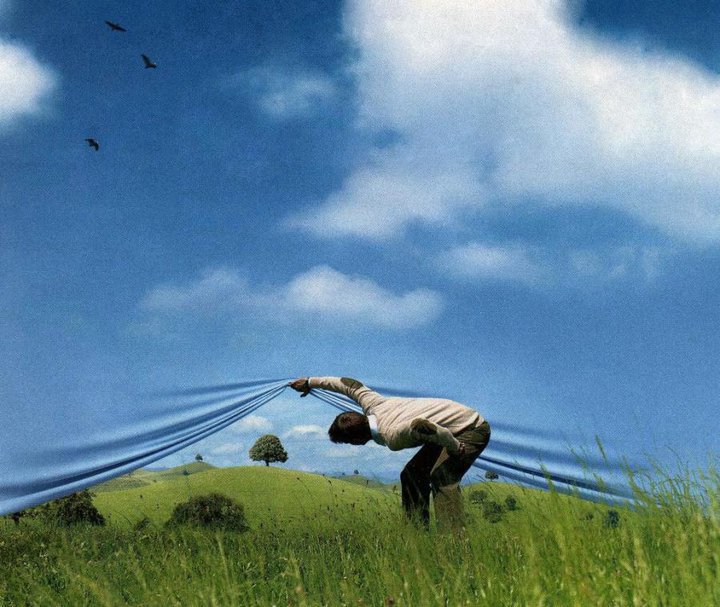
image from consciouslifenews.com
As part of my Personal Excellence Training, I teach my clients to coach themselves, with a technique I call The Pivot Point. The first part of this tool is to help my clients assess the “current reality” of the situations in their lives.
The challenge for most, at the beginning, is that they often believe that their perception of reality is shared by everyone around them.
EXERCISE:
How open are you to the possibility that the people in your personal and professional worlds perceive “reality” quite differently than you?

